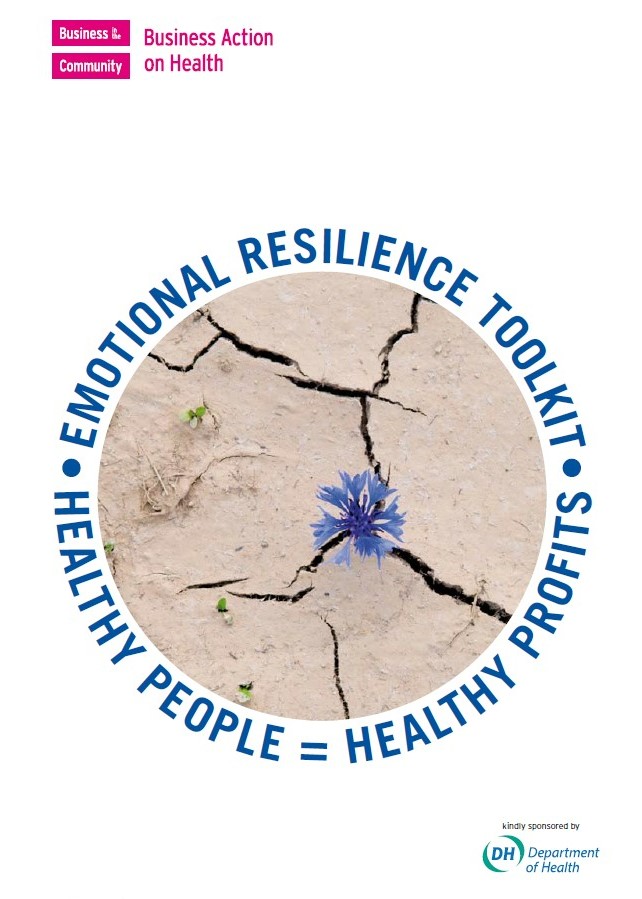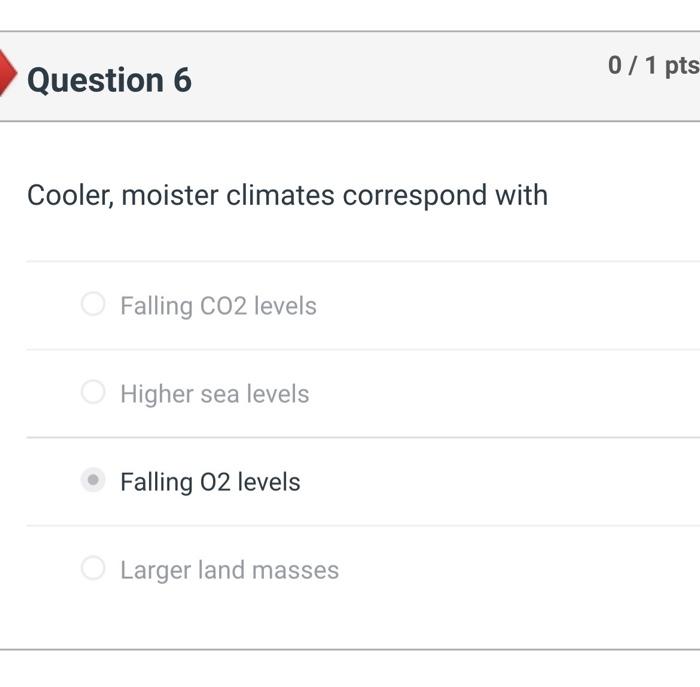Resilience And Mental Health: A Practical Approach To Overcoming Challenges

Table of Contents
Understanding Resilience and its Importance for Mental Health
Mental resilience, psychological resilience, stress resilience—these terms all point to the same vital quality: the ability to adapt and recover from stressful or challenging experiences. Resilience isn't about avoiding hardship; it's about your capacity to navigate it effectively. It's a multifaceted skill, encompassing emotional resilience, the ability to manage and regulate emotions, and cognitive resilience, the ability to maintain a positive outlook and adapt your thinking in the face of adversity. A strong foundation of resilience acts as a protective buffer against mental health issues like anxiety and depression.
- Resilience allows for better coping with stress and adversity. When faced with challenges, resilient individuals are better equipped to manage their stress response and find effective coping mechanisms.
- It fosters a sense of hope and optimism even in difficult times. Resilient people tend to maintain a positive outlook and believe in their ability to overcome obstacles.
- Resilient individuals tend to have stronger emotional regulation skills. They can identify, understand, and manage their emotions more effectively, preventing them from overwhelming them.
- Building resilience enhances self-esteem and confidence. Successfully navigating challenges builds self-belief and a sense of self-efficacy.
Practical Strategies to Boost Your Resilience
Cultivating resilience is a journey, not a destination. It requires consistent effort and a commitment to self-care, encompassing both your psychological and physical well-being. Here are some actionable steps you can take:
- Mindfulness and Meditation: Practicing mindfulness helps you stay grounded in the present moment, reducing stress and improving emotional regulation. Numerous apps like Headspace and Calm offer guided meditations for beginners.
- Physical Exercise: Regular physical activity is a powerful tool for stress reduction and improving mood. Aim for at least 30 minutes of moderate-intensity exercise most days of the week. Activities like yoga, running, or swimming are all beneficial for both physical and mental well-being.
- Healthy Diet and Sleep: Nourishing your body with a balanced diet and prioritizing adequate sleep (7-9 hours per night) are essential for maintaining optimal mental and emotional health. Poor nutrition and sleep deprivation can significantly impact your ability to cope with stress.
- Social Support: Strong social connections provide a crucial buffer against stress and adversity. Nurture your relationships with family and friends, and don't hesitate to reach out for support when you need it.
- Cognitive Restructuring: Negative thoughts can significantly impact your resilience. Learn to identify and challenge these thoughts, replacing them with more positive and realistic ones. Cognitive Behavioral Therapy (CBT) techniques can be particularly helpful in this area.
- Setting Realistic Goals: Avoid overwhelming yourself with too many goals at once. Break down large tasks into smaller, more manageable steps to build momentum and avoid feelings of being overwhelmed.
Developing Effective Coping Mechanisms
Developing effective coping mechanisms is central to building resilience. These are the tools you'll use to navigate stressful situations and manage difficult emotions.
- Journaling: Writing down your thoughts and feelings can help you process emotions and gain perspective.
- Deep breathing exercises: Simple deep breathing exercises can provide immediate stress relief. Practice diaphragmatic breathing for optimal results.
- Engaging in hobbies and activities you enjoy: Make time for activities that bring you joy and relaxation. This can be anything from reading to painting to spending time in nature.
- Seeking professional help: Don't hesitate to seek professional help from a therapist or counselor if you're struggling to manage stress or difficult emotions.
Recognizing and Addressing Mental Health Challenges
Recognizing the signs of mental health challenges, such as anxiety and depression, is crucial. Early intervention is key to effective treatment. Common signs of anxiety include excessive worry, restlessness, irritability, and difficulty sleeping. Symptoms of depression include persistent sadness, loss of interest in activities, fatigue, and changes in appetite or sleep.
- Where to find mental health professionals: Your primary care physician can provide referrals to therapists, counselors, or psychiatrists. You can also search online for mental health professionals in your area.
- Utilizing online mental health resources and support groups: Many online resources offer support and information about mental health challenges. Support groups can provide a sense of community and shared experience.
- The importance of early intervention: Early intervention can significantly improve treatment outcomes and prevent mental health challenges from becoming chronic.
Conclusion
Building resilience is an ongoing process that requires commitment and self-compassion. By incorporating the strategies outlined in this article—mindfulness, physical health, strong social connections, and effective coping mechanisms—you can significantly enhance your mental well-being and navigate life's challenges with greater strength and ease. Remember, seeking support is a sign of strength, not weakness.
Start building your resilience today. Take small steps towards improving your mental health and discover the power of resilience in overcoming challenges. Learn more about building mental strength and fostering resilience by exploring additional resources online. Invest in your mental well-being—it's an investment in a happier, healthier you.

Featured Posts
-
 Suki Waterhouses Surface Tour A Look Inside The Dreamy Disco Shows
May 20, 2025
Suki Waterhouses Surface Tour A Look Inside The Dreamy Disco Shows
May 20, 2025 -
 Rising Sea Levels Falling Credit Scores Assessing Climate Risk In Home Finance
May 20, 2025
Rising Sea Levels Falling Credit Scores Assessing Climate Risk In Home Finance
May 20, 2025 -
 March 13 2025 Nyt Mini Crossword Solutions And Clues
May 20, 2025
March 13 2025 Nyt Mini Crossword Solutions And Clues
May 20, 2025 -
 The Village How Agatha Christies Mysteries Informed Shyamalans Thriller
May 20, 2025
The Village How Agatha Christies Mysteries Informed Shyamalans Thriller
May 20, 2025 -
 Beiers Double Propels Borussia Dortmund Past Mainz
May 20, 2025
Beiers Double Propels Borussia Dortmund Past Mainz
May 20, 2025
